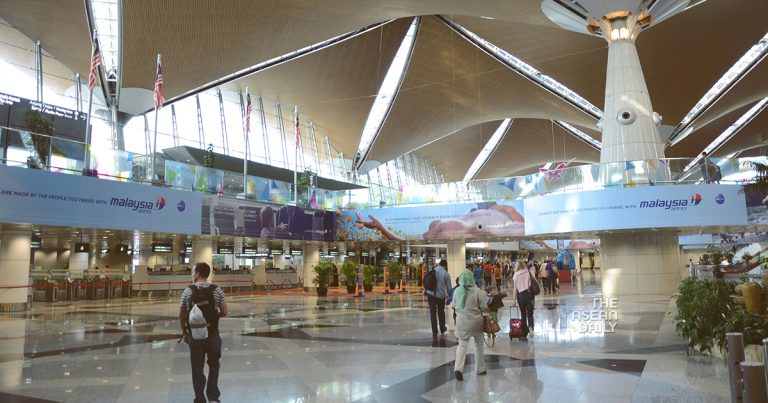27-10-2024 (KUALA LUMPUR) A social media post by a Chinese tourist criticising Malaysia’s lack of Mandarin-language facilities has ignited discussions about tourism accessibility, following her expensive mishap at Kuala Lumpur International Airport.
The incident, shared on Chinese social platform Xiaohongshu, involved the visitor inadvertently purchasing a RM55 ticket for the KLIA Ekspres, a premium airport rail service, when she had intended to use more economical public transport options. The tourist cited language barriers and absence of Chinese signage as primary factors in her confusion.
Her subsequent attempts to secure a refund proved unsuccessful, culminating in what many Malaysian netizens viewed as an unusual step of filing a police report. The matter has sparked considerable debate on social media platforms about reasonable expectations for foreign language accommodation in Malaysian public spaces.
“The situation highlights the complex balance between catering to international visitors and maintaining practical limitations on multilingual services,” says Dr Ahmad Rahman, a tourism industry analyst at Universiti Malaya. “While Malaysia warmly welcomes international tourists, there’s an ongoing discussion about the extent to which facilities should adapt to specific language groups.”
The incident comes at a time when Malaysian tourism from China is experiencing significant growth, with official figures showing 2.2 million Chinese visitors in the first eight months of this year—a 160% increase compared to 2023. This surge follows Malaysia’s introduction of a 30-day visa waiver for Chinese citizens, recently extended through 2026.
Local response to the tourist’s complaint has been mixed, with many emphasising the importance of pre-travel research. “Malaysia’s multicultural identity already encompasses multiple languages, including Bahasa Malaysia, English, and various Chinese dialects,” notes tourism consultant Sarah Tan. “The expectation for comprehensive Mandarin signage at all facilities may not be feasible.”




